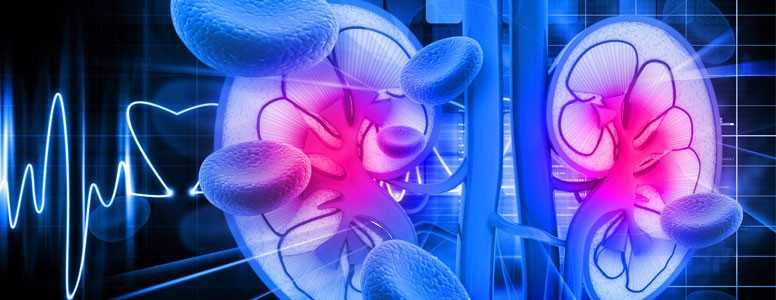Researchers at the University of Toronto have found that certain white blood cells in the liver can go rogue and cause insulin resistance in patients with non-alcoholic fatty liver disease (NAFLD) and obese mice.
Liver CD8+ T cells play an important role in fighting off viral infections but, as fat accumulates in the liver with obesity or NAFLD, they are reprogrammed to increase blood sugar and worsen insulin resistance.
The CD8+ T cells are negatively influenced by a newly uncovered mechanism, called the Interferon-1 (IFN-I) pathway, under which their normal function becomes misdirected to create inflammation and impact insulin sensitivity and blood sugar control.
Once activated through IFN-I, CD8+ T cells divide rapidly and release different inflammatory molecules called cytokines that cause inflammation. Researchers believe that this CD8+ T-mediated inflammatory state is intimately linked to insulin resistance.
This pro-inflammatory response can, for example, disrupt or block insulin signalling to liver cells. Under these conditions, there is no more feedback loop for the liver’s own glucose production.
This can cause the liver to continue to pour more sugar into the bloodstream and, if the liver is over-producing glucose, it becomes more difficult to regulate blood sugars.
These findings are the first evidence of an immune link between fat accumulatio, inflammation, and insulin resistance.
“What’s interesting is that we’re moving from studying diabetes as a combination of nutritional and hormonal imbalances to include the role of the immune system and inflammation,” contributing author Dr Shawn Winer told the website Reliawire.
Overall, this research tends to suggest that inflammation is emerging to be a major mediator of insulin resistance and that a malfunction of the liver immune system may be the developing link.
What's new on the forum? ⭐️
Get our free newsletters
Stay up to date with the latest news, research and breakthroughs.





